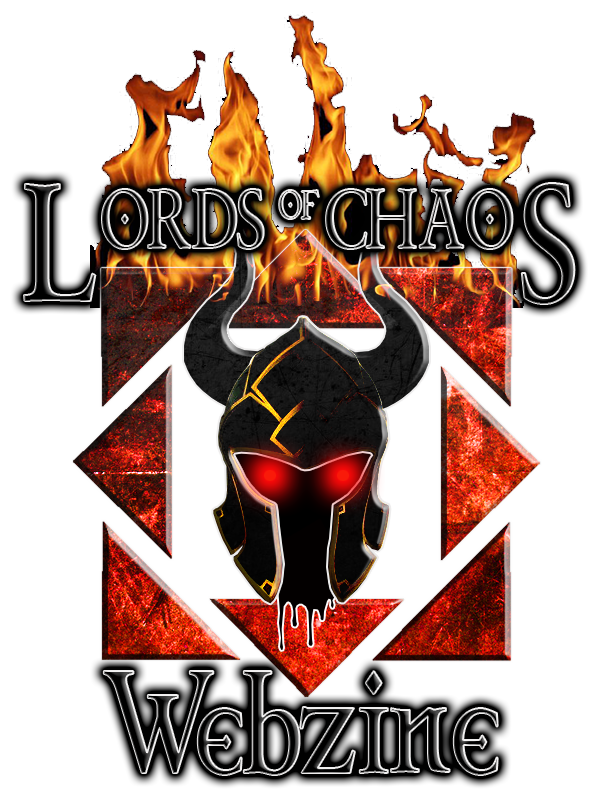Post-black metal may no longer be a particularly controversial label, but Harakiri For The Sky has taken it to such an extent that categorizing them as merely black metal feels increasingly limiting. It’s not about gatekeeping; rather, it seems somewhat of a disservice to associate them with the traditional black metal scene, especially the Austrian Black Metal Syndicate. Beneath the blast beats and tremolo-picked riffs, the band weaves in influences from post-hardcore, grunge, and even indie rock, creating a sound that’s both emotionally powerful and stylistically diverse. Their latest album, Scorched Earth, even includes a surprising bonus cover of Radiohead (more on that later). Though their sound has drifted further from “black” and into the realm of “post,” this album highlights the band’s ability to forge their own path and transcend labels in favor of crafting emotionally charged, accessible music.
Opening with serene keyboard chimes, the track “Heal Me” quickly establishes a striking contrast between punchy rhythms and melancholic melodies. Vocalist J.J. reaffirms his role as the emotional core of the band, with his signature howling vocals blending seamlessly with the distinctive screams of depressive black metal legend Tim Yatras of Austere. However, unlike much of the post-black metal genre, Harakiri For The Sky seems less focused on lengthy, atmospheric build-ups and more intent on using a metal rhythm section to propel what is essentially emotionally raw indie music at its heart.
A 10-minute track like “Keep Me Longing” might initially suggest a gradual build-up, but it subverts expectations by quickly shifting from mournful piano arpeggios to blistering speed. This fearless use of dynamic contrasts allows multi-instrumentalist M.S. to showcase his talent for creating memorable leads and riffs that drive the song forward. His guitar work keeps the track engaging without falling into the washy soundscapes typical of many post-black metal bands. The power of the instrumentation complements J.J.’s emotional vocals, taking the music to a fever pitch of heartbreak, despair, and, surprisingly, hope.
Deeper cuts like “With Autumn I’ll Surrender” illustrate just how far Harakiri For The Sky has moved away from their darker, dissonant roots. The clean intro and distorted first verse blend together smoothly, eschewing the more stark contrasts of their earlier work. Adding depth to a depressive rock riff doesn’t necessarily make it metal (despite the double-kick drums), but that doesn’t diminish the song’s strong songwriting. If stripped of its metal elements—double-kicks, screams, and tremolo riffs—M.S.’s musical ideas would feel right at home in an indie drama or Oscar-bait mumblecore film. The metallic elements here serve more as an aesthetic counterbalance, giving the song a jarring, yet enriching contrast.
Tracks like “Without You I’m Just A Sad Son” wear their tragic coming-of-age narrative on their sleeve, but the song’s surging riffs and galloping drums never detract from its core of forlorn beauty. The song remains emotionally resonant despite the powerful musical arrangements surrounding it.
Even as Scorched Earth moves further from traditional black metal, tracks like “No Graves But The Sea” still offer glimpses of their early sound. Here, J.J.’s yells take on a more classic black metal rasp, while M.S.’s arrangements push the pace, gunning the throttle. Yet, even in this more aggressive context, the music veers towards a more luminous direction, suggesting that Harakiri For The Sky is more concerned with expressing vulnerability than with achieving toughness or fear. This sentiment is made clear in the title track, “I Was Just Another Promise You Couldn’t Keep,” which may evoke early emo vibes. Its overwhelming emotional impact, paired with its intimate, vulnerable foundation, shows that at the heart of Scorched Earth lies a deep desire to communicate heartfelt, complex emotions.
The closing track, “Too Late For Goodbyes,” and Harakiri For The Sky’s cover of Radiohead’s “Street Spirit (Fade Out)” offer fascinating insights into the band’s evolving sound and stylistic breadth. Comparing these two pieces reveals just how far the band has come, as they craft their sonic identity into something unique and expansive.
In “Too Late For Goodbyes,” the inclusion of Serena Cherry from the UK band Svalbard adds a layer of emotion that feels in line with the band’s current direction. Her presence complements J.J.’s vocals perfectly, capturing a raw, evocative quality that has become synonymous with Harakiri For The Sky. On the other hand, the cover of “Street Spirit (Fade Out)” introduces a surprising element: the black metal influence of Groza. This contrast in styles demonstrates how the band continues to experiment with its sonic boundaries. J.J.’s clean singing voice on “Street Spirit” stands out to such a degree that one might wish he explored this side of his vocal range more often across the album. While his growls, alongside Patrick Ginglseder’s contribution, provide just the right amount of edge, they don’t overpower the song’s delicate, haunting atmosphere. The incorporation of a double kick in a Radiohead cover feels like an unconventional move, yet the result is not only surprisingly effective but also highlights the band’s musicianship and creativity.
In Scorched Earth, Harakiri For The Sky has done more than just settle into a comfortable niche. The band continues to delve deeper into its own emotional well, pushing the boundaries of its sound without compromising the raw intensity and catharsis that has defined its journey. Simply labeling the album as black metal or even post-black metal risks overlooking how much the band has evolved. This is an album that transcends genre, driven by the pursuit of emotional release rather than a desire for acceptance. Harakiri For The Sky’s evolution is a testament to their relentless drive to push forward, unafraid to blur boundaries and break free from expectations. This new album proves that they are far more than a single genre or style—they are a band committed to crafting powerful, heartfelt music that reflects both their past and their future.
